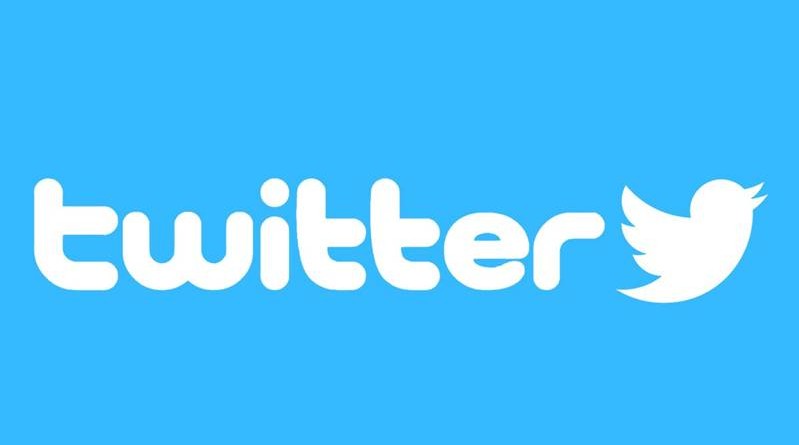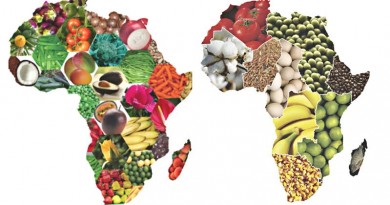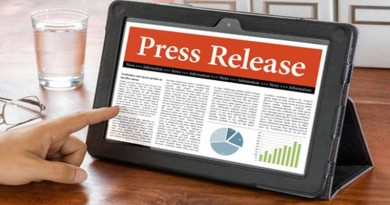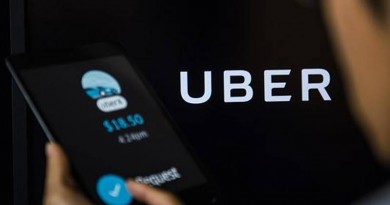Federal Government lifts the ban on Twitter
After seven months, the Federal Government of Nigeria finally lifted the ban on Twitter, saying it was reversing the ban after Twitter agreed to conditions including opening a local office in Nigeria.
Recall that The Nigerian government suspended Twitter on June 4 after it removed a post from President Muhammadu Buhari that threatened to punish regional secessionists. Telecoms companies subsequently blocked access to users in Nigeria. The government had ordered internet providers to block Twitter, alleging it was being used to undermine “Nigeria’s corporate existence” through the spreading of fake news that could potentially have “violent consequences”. It came after Twitter removed President Buhari’s post referring to the 1967-70 Nigerian Civil War and to treating “those misbehaving today” in “the language they will understand”.
The move will now allow millions of Nigerians to use the platform again.
Some users had continued to access the site after the suspension using virtual private networks (VPNs), but the government vowed to clamp down on those still tweeting – including media organisations.
The move last year by Nigeria’s government sparked international outcry over freedom of speech.
Kashifu Inuwa Abdullahi, director general of the National Information Technology Development Agency, said in a statement that Buhari had given approval to lift the suspension.
“Twitter has agreed to act with a respectful acknowledgement of Nigerian laws and the national culture and history on which such legislation has been built…,” Abdullahi’s statement said.
The company would work with the federal government and the broader industry “to develop a Code of Conduct in line with global best practices, applicable in almost all developed countries,” it said.
“Therefore, the [federal government] lifts the suspension of the Twitter operations in Nigeria from midnight of 13th January 2022.”
The social media company’s decision to register itself in the country showed it was committed to Nigeria, the country’s information technology development agency said.
Twitter has not yet commented on Nigeria’s decision to lift the ban.
Twitter is popular with many Nigerians, and the platform has been used as a mobilising tool. Activists used it to rally support during protests against police brutality under the hashtag #EndSars, which gained global attention.
Reacting, Amnesty stated that the Twitter ban was illegal in the first place and an attack on the right to freedom of expression.
“Amnesty International welcomes the lifting of Twitter ban by Nigerian authorities, after 7–months of depriving Nigerians from exercising their right to freedom of expression on a social media platform that facilitates dialogue and empowers everyone to communicate, hold useful debates and conversations, and demand accountability from the Nigerian authorities.
“The Twitter ban was illegal — in the first place — and an attack on the right to freedom of expression, including online, access to information and media freedom. Nigerian authorities must end all acts that violate rights to freedom of expression, access to information, and freedom of the press,” the rights group said.




